People who work the nightshift or odd hours and eat at irregular times are more prone to weight gain and diabetes, likely due to eating patterns not timed with natural daylight and when people typically eat.
But is it possible to stave off the ill effects of eating at these 'unusual' times despite it not being biologically preferable? A study says 'yes', and sheds light on how the body knows when to eat. The study explains how researchers discovered a connection between the liver's internal clock and feeding centers in the brain.
The team's research showed that the liver sends signals to the brain via the vagus nerve, letting the brain know if eating is happening at a time that follows the body's circadian rhythm. These signals can get disrupted from working unusual hours. The brain then overcompensates, leading to overeating at the wrong times.
The effects were reversible. Cutting the nerve connection in obese mice restored normal eating patterns and reduced food intake."This suggests that targeting this liver-brain communication pathway could be a promising approach for weight management in individuals with disrupted circadian rhythms," said Lauren N. Woodie, PhD, a post-doctoral researcher in Lazar's lab.
The study was funded by the National Institutes of Diabetes, Digestive Diseases, and Metabolism, the JPB Foundation, and the Cox Medical Research Institute.Lauren N. Woodie, Lily C. Melink, Mohit Midha, Alan M. de Araújo, Caroline E. Geisler, Ahren J. Alberto, Brianna M. Krusen, Delaine M. Zundell, Guillaume de Lartigue, Matthew R. Hayes, Mitchell A. Lazar.To keep weight in check, it is not only important to consider what we eat, but also the times at which we eat.
Diet And Weight Loss Nervous System Insomnia Research Public Health Resource Shortage Government Regulation Religion
United States Latest News, United States Headlines
Similar News:You can also read news stories similar to this one that we have collected from other news sources.
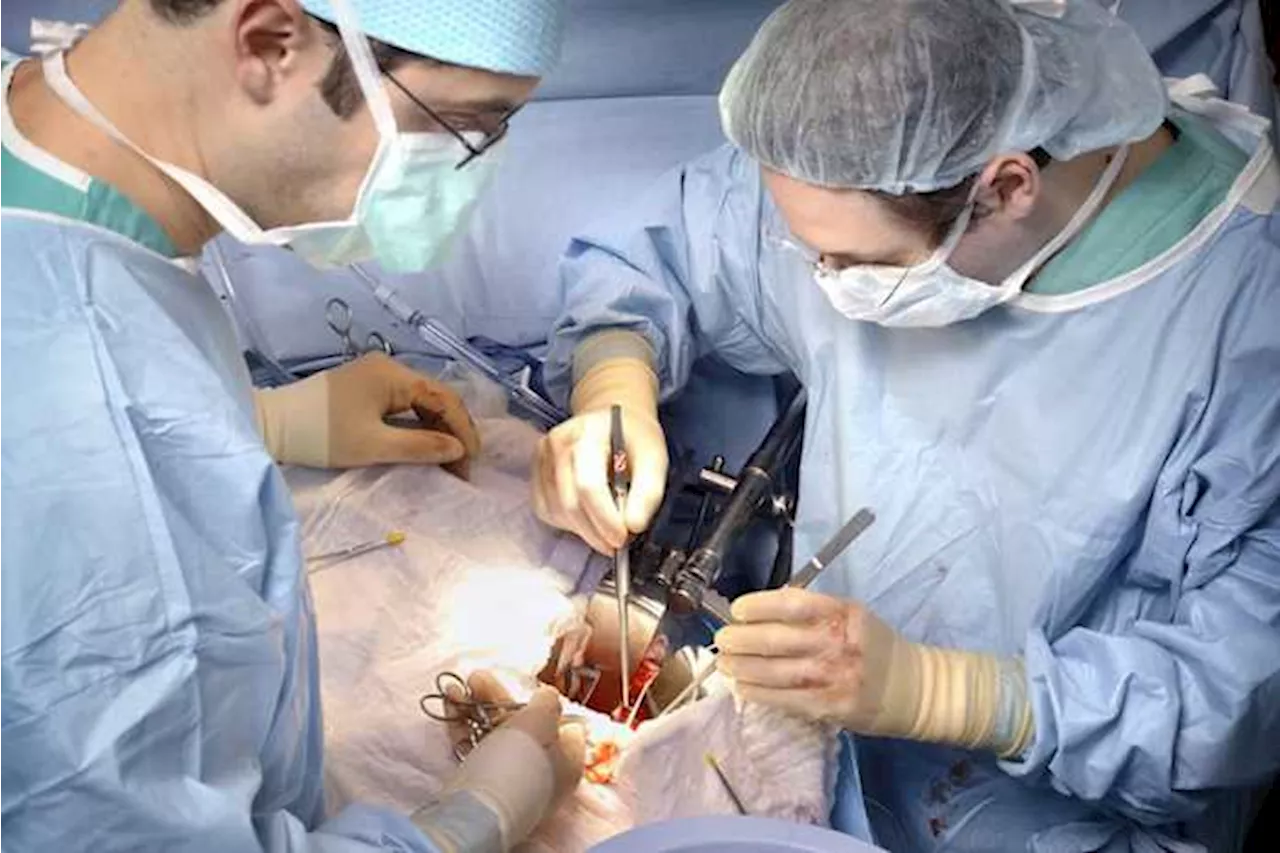 Kidney transplants are safe between people with HIV, new US study showsA new study found people with HIV can safely receive donated kidneys from deceased donors with the virus.
Kidney transplants are safe between people with HIV, new US study showsA new study found people with HIV can safely receive donated kidneys from deceased donors with the virus.
Read more »
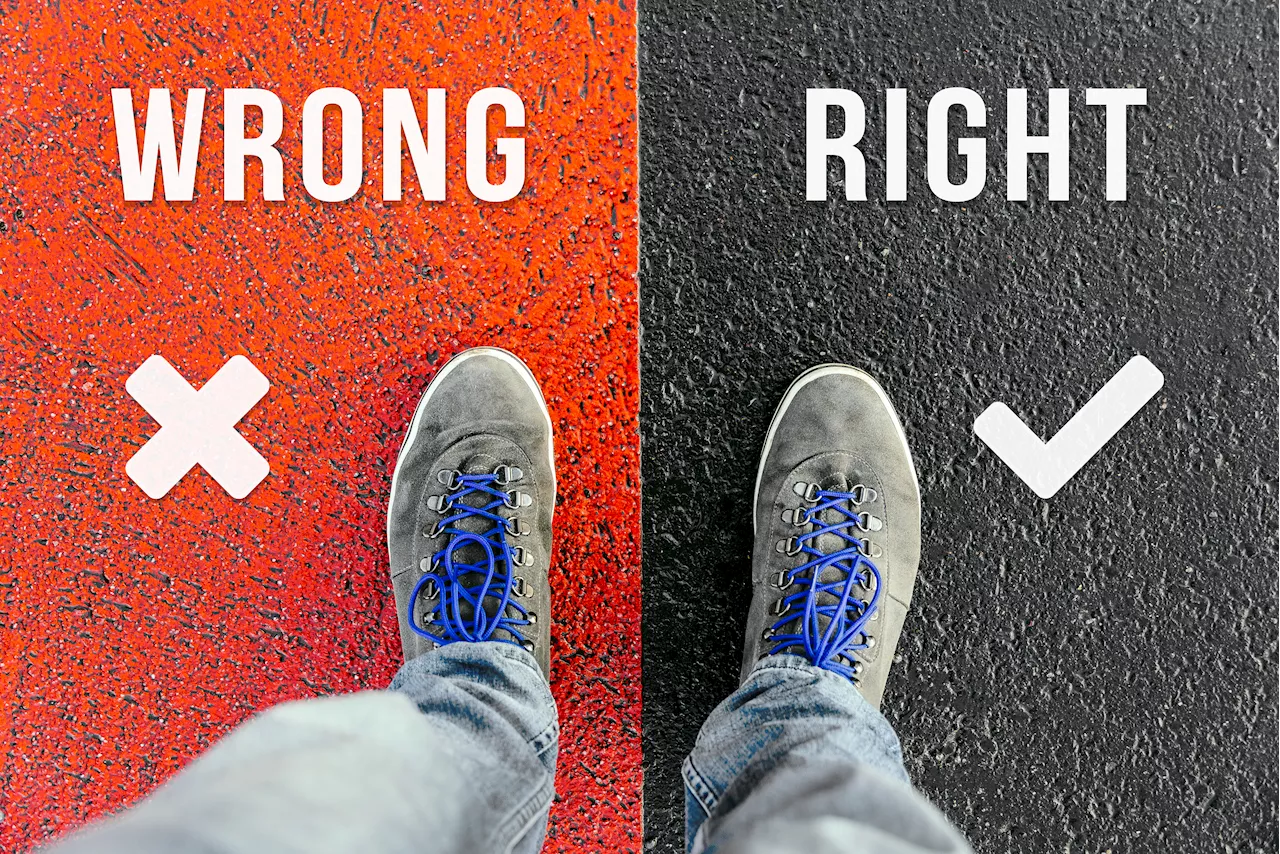 Confidently Wrong: Study Finds People More Likely to Be Certain When Presented With Limited InformationA new study published in Plos One suggests that people are more likely to be confidently wrong in an argument when presented with limited information. Researchers found that individuals who read only one side of a story were more likely to agree with that viewpoint and express confidence in their opinion, even if they lacked all the facts.
Confidently Wrong: Study Finds People More Likely to Be Certain When Presented With Limited InformationA new study published in Plos One suggests that people are more likely to be confidently wrong in an argument when presented with limited information. Researchers found that individuals who read only one side of a story were more likely to agree with that viewpoint and express confidence in their opinion, even if they lacked all the facts.
Read more »
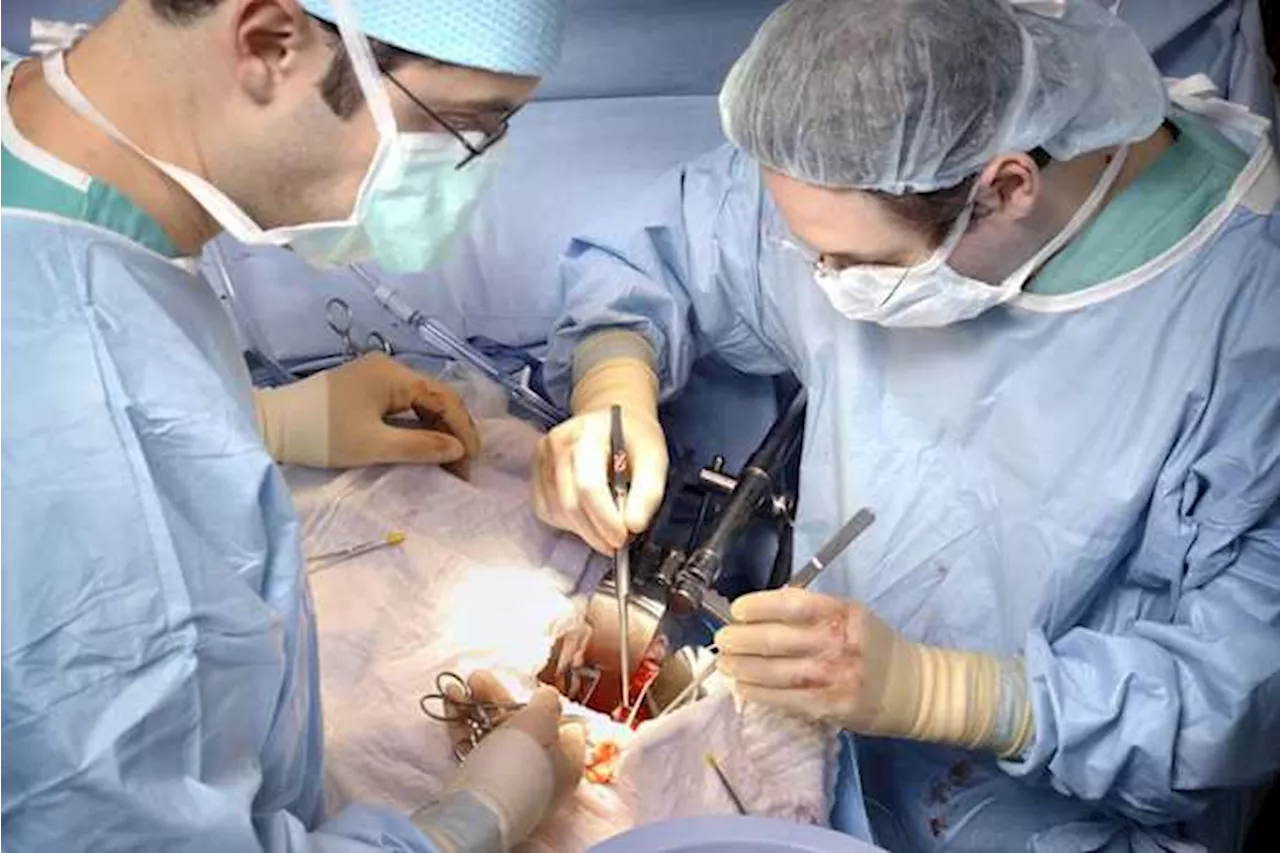 Kidney transplants are safe between people with HIV, new US study showsA new study found people with HIV can safely receive donated kidneys from deceased donors with the virus.
Kidney transplants are safe between people with HIV, new US study showsA new study found people with HIV can safely receive donated kidneys from deceased donors with the virus.
Read more »
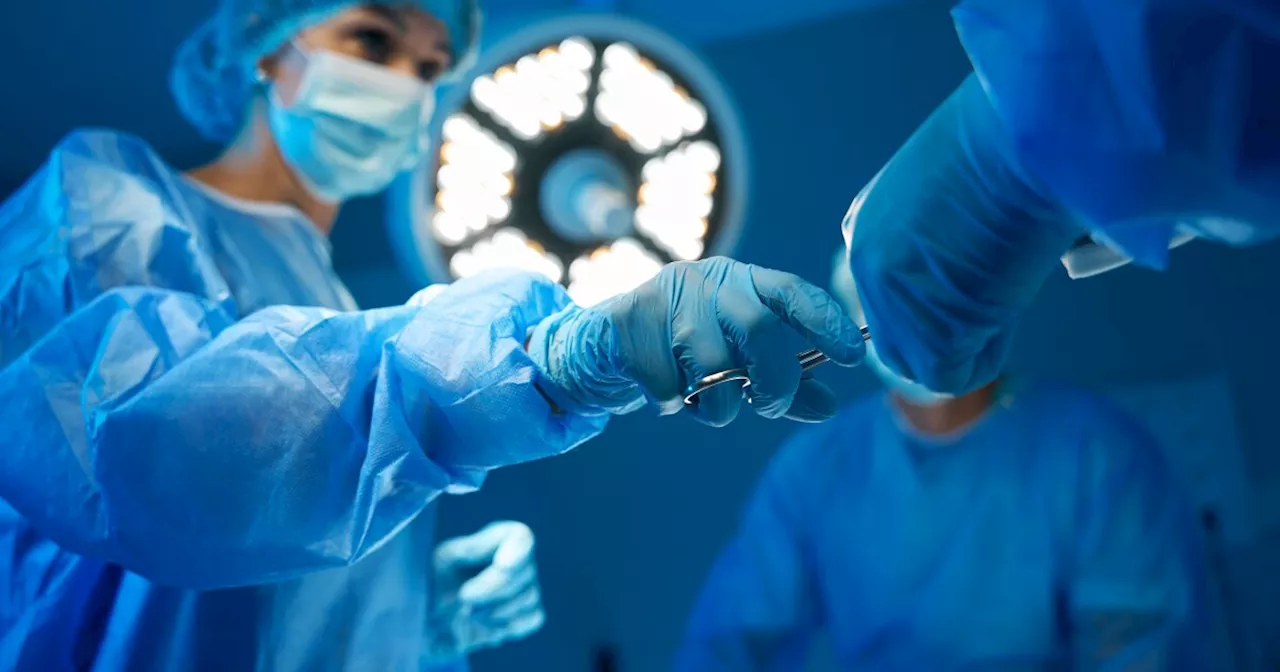 Kidney transplants are safe between people with HIV, new US study showsPeople with HIV can safely receive donated kidneys from deceased donors with the virus, according to a large study that comes as the U.S. government moves to expand the practice.
Kidney transplants are safe between people with HIV, new US study showsPeople with HIV can safely receive donated kidneys from deceased donors with the virus, according to a large study that comes as the U.S. government moves to expand the practice.
Read more »
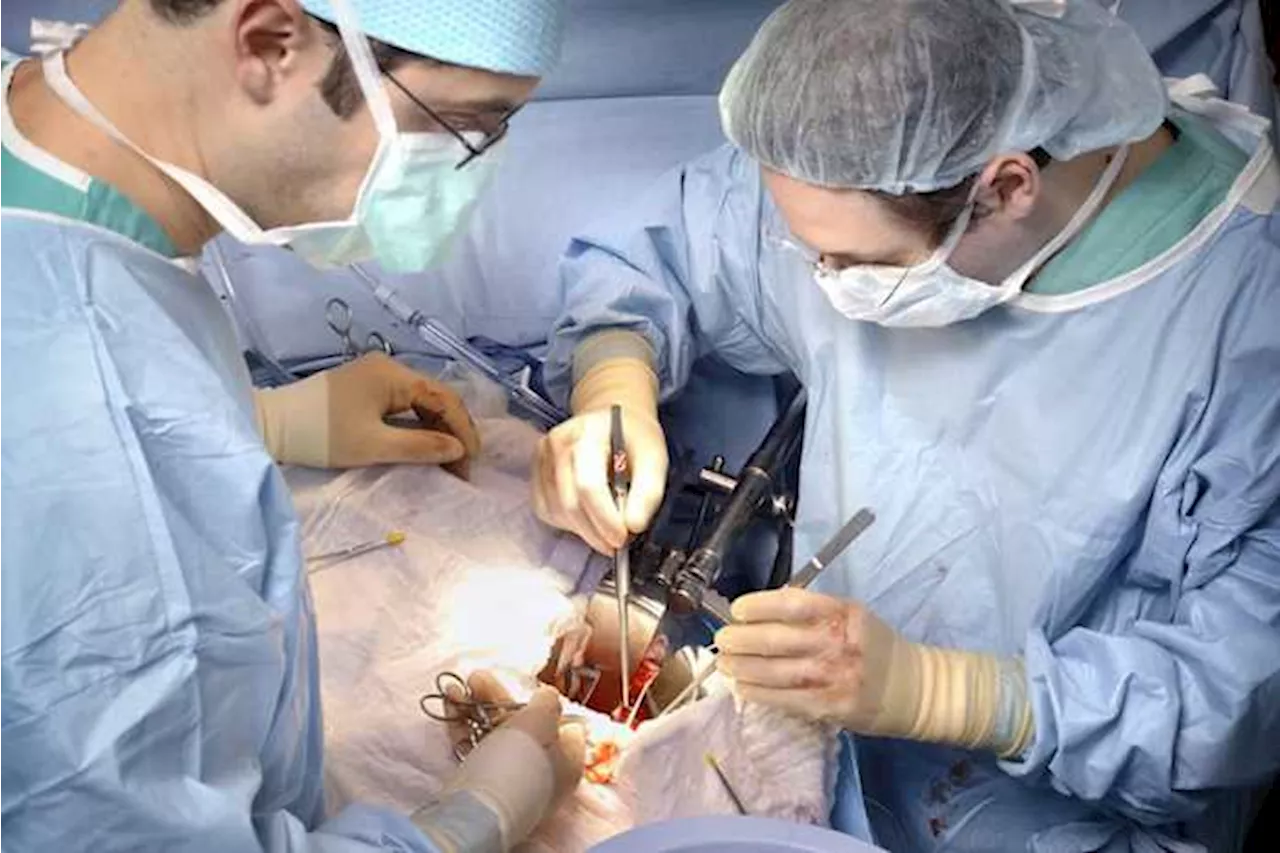 Kidney transplants are safe between people with HIV, new US study showsA new study found people with HIV can safely receive donated kidneys from deceased donors with the virus.
Kidney transplants are safe between people with HIV, new US study showsA new study found people with HIV can safely receive donated kidneys from deceased donors with the virus.
Read more »
 Encinitas study finds coastal corridor has enough parking, if people are willing to walkCOVID-created, outdoor dining areas have impacted downtown’s parking supply, but not beach access areas, consultants find
Encinitas study finds coastal corridor has enough parking, if people are willing to walkCOVID-created, outdoor dining areas have impacted downtown’s parking supply, but not beach access areas, consultants find
Read more »
